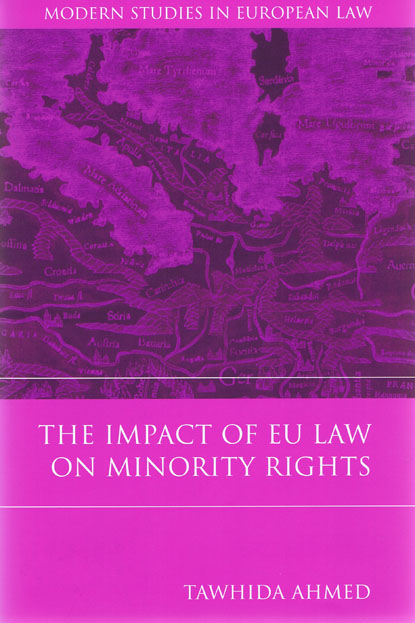
This book presents a critical analysis of EU law on the rights of minority groups. It provides an original insight into a topical, yet under-explored issue. The specific focus of the book is a detailed scrutiny of the extent to which EU law, as it stands at present, - i.e. without considering the introduction of new legal powers - impacts (either actually or potentially) on minority rights.
The book examines a broad range of the EU's legal provisions and principles, before performing in-depth analyses of the examples of cultural rights and linguistic rights. A case study of the Roma minority group is then undertaken as a practical illustration of the application of EU law. In addition, the book makes suggestions as to the possible ways forward for the EU - within its existing legal and constitutional framework - in relation to the rights of minorities.
International standards on minority rights act as a point of reference to determine the meaning of 'minority rights' and as a benchmark against which to assess the potentials and limitations of EU law. The application of international law additionally, and crucially, serves as recognition of the EU's growing role in the international community more widely and beyond the narrow economic context.
This book will provide valuable insights to lawyers, political scientists and activists interested in minority rights issues, the position of Roma within EU law, the EU's expanding fields of operation, and the contribution, more generally, of non-state entities to the promotion and protection of human rights.